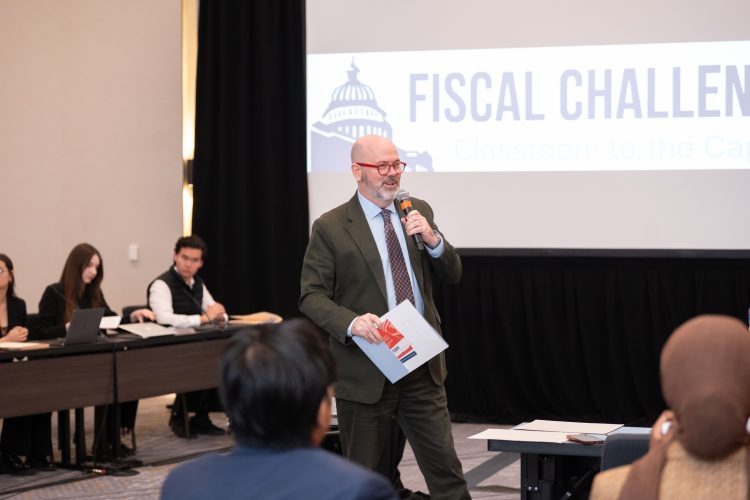The trustees of Medicare and Social Security issued their annual reports last week, providing further evidence of the need for substantial reforms of the big entitlement programs that make up over a third of the federal budget.
As in past years, many news accounts and analyses have focused on trust fund balances, which simply record how much one part of government owes another part. Cash flows and the growing costs of the entitlement programs, however, are what really matter to the budget and the economy.
On that score, the bad news is that both Social Security and Medicare Part A are now in permanent cash deficits. Contrary to some recent political rhetoric, both programs are adding to the federal deficit and, on their current paths, will add much more in the next decade and beyond. And other parts of Medicare are already heavily subsidized by general tax revenue.
So any serious plan to put the nation on a sustainable fiscal path must deal with the enormous pressure that Social Security and Medicare will put on the federal budget as a whole.
To make matters even worse, Medicare’s problems are almost certainly understated in the new report. The trustees have also indicated that the Disability Insurance portion of Social Security requires particular attention from Congress in the near future – perhaps involving a shift in some payroll tax revenue.
The aging population and spiraling health care costs are the two main factors in the rising cost projections for the entitlement programs. Partisan finger-pointing won’t change that, which is why Democrats and Republicans must eventually work together on serious entitlement reform.
External links:
Summary: 2011 Social Security and Medicare Trustees’ Reports
2011 Social Security Trustees’ Report
2011 Medicare Trustees’ Report
Concord Coalition Urges Lawmakers to Heed Warnings in Trustees’ Report as They Consider Budget Plans
Continue Reading











